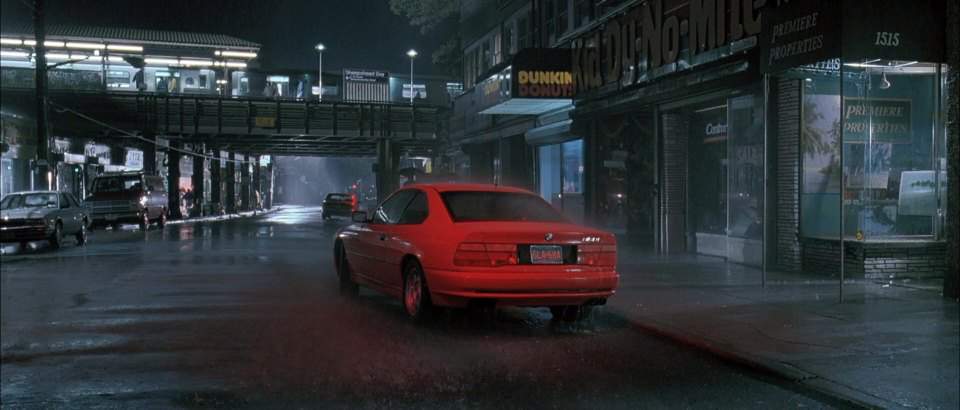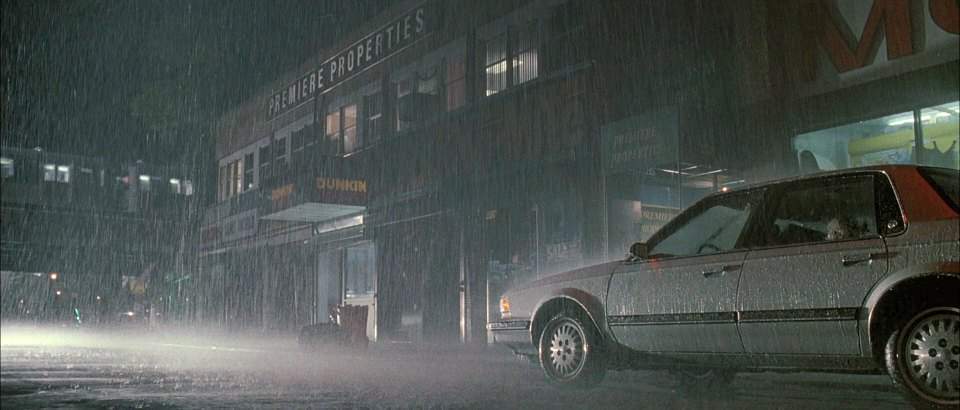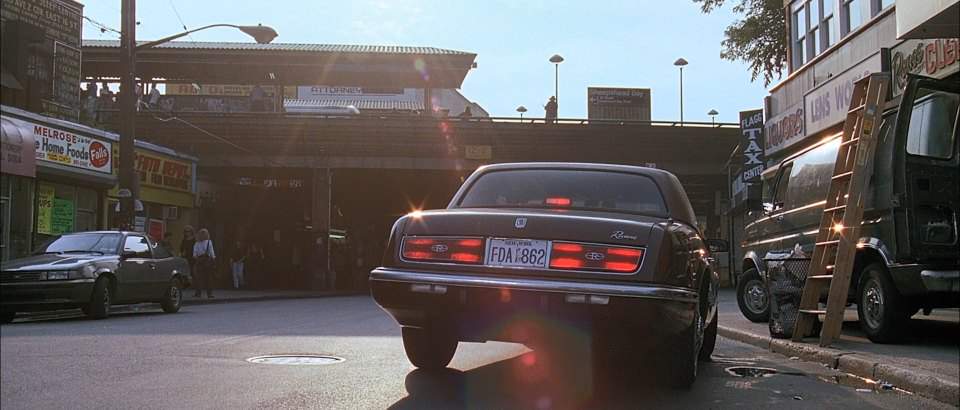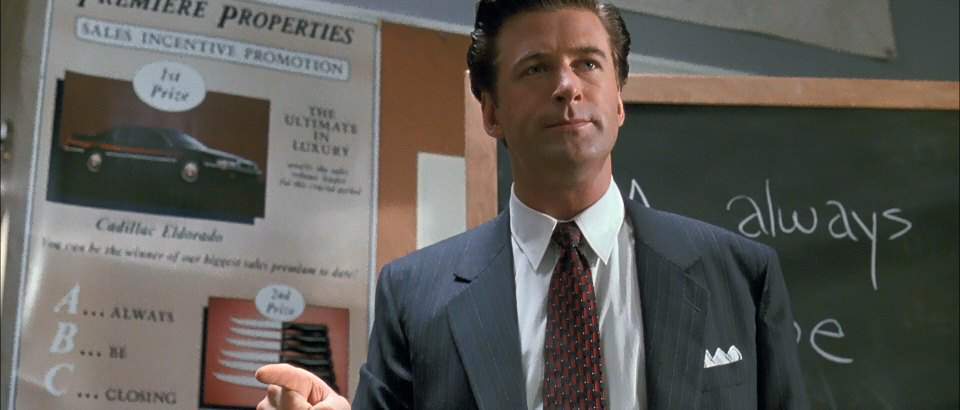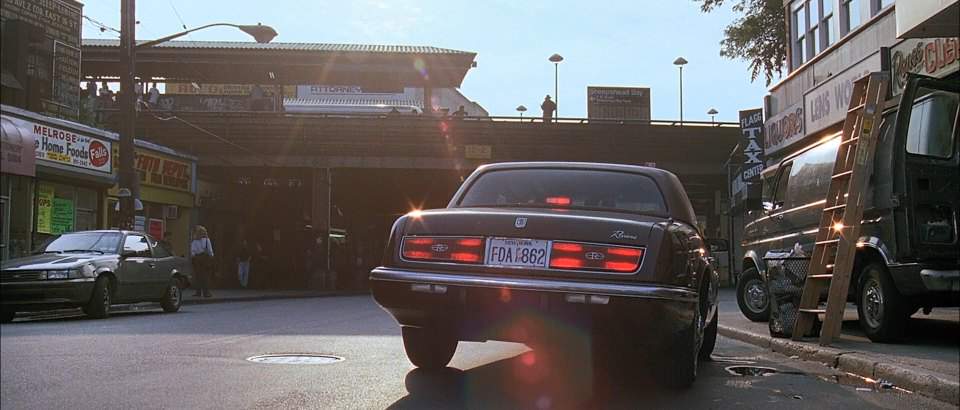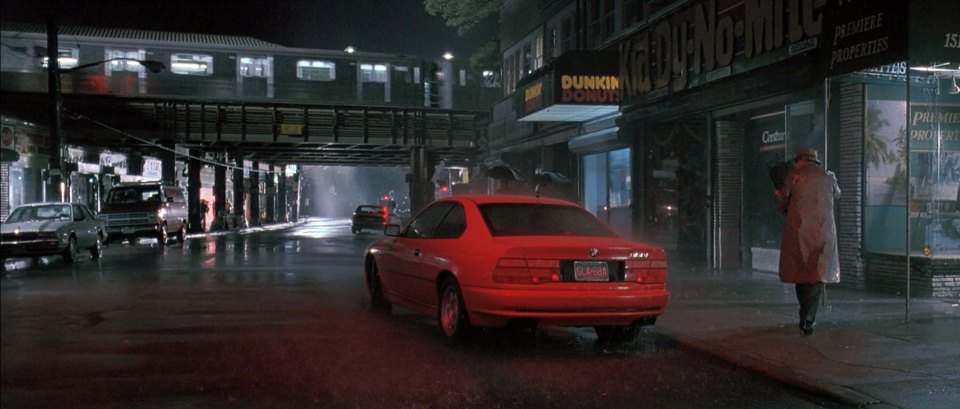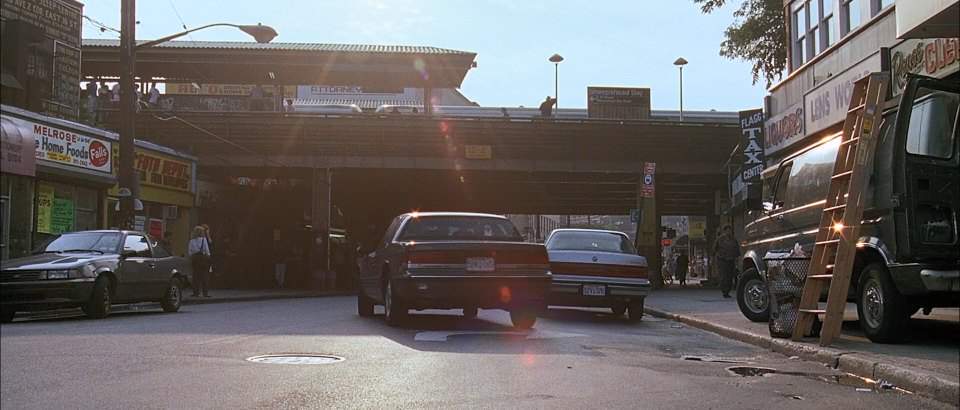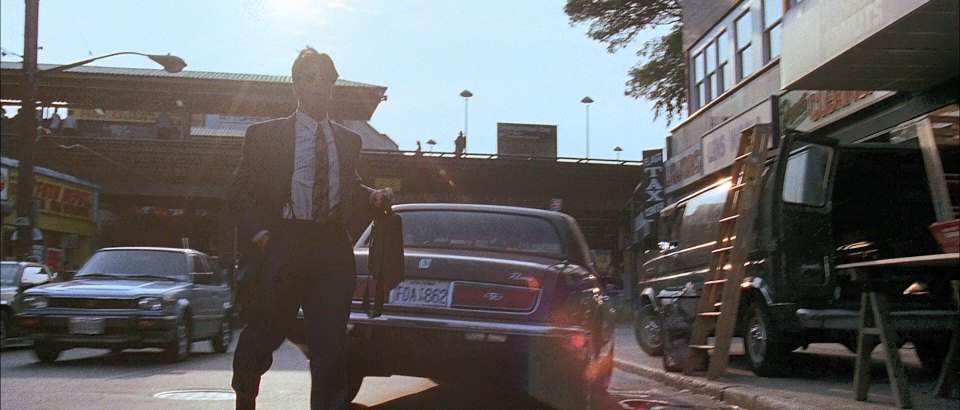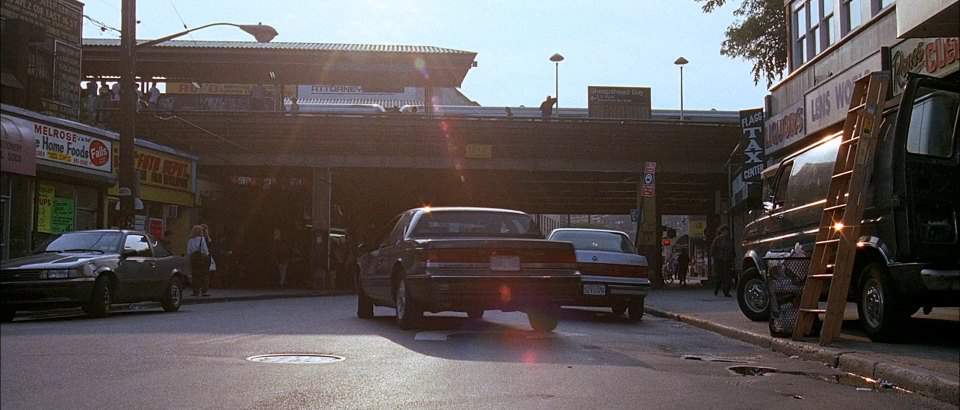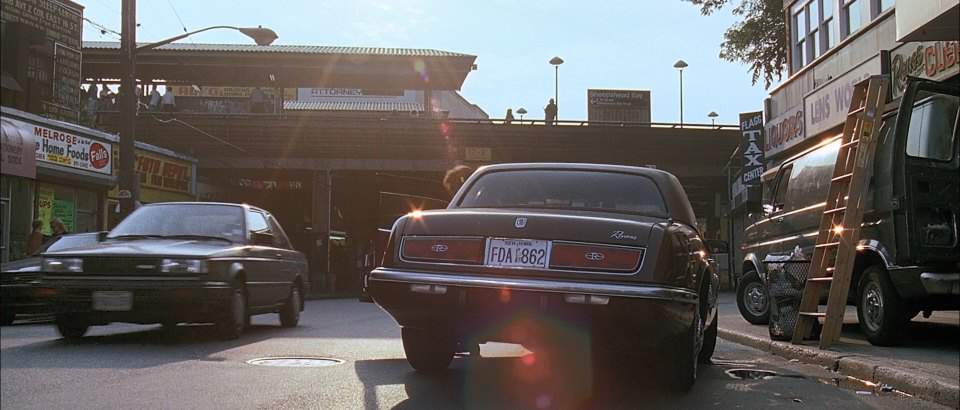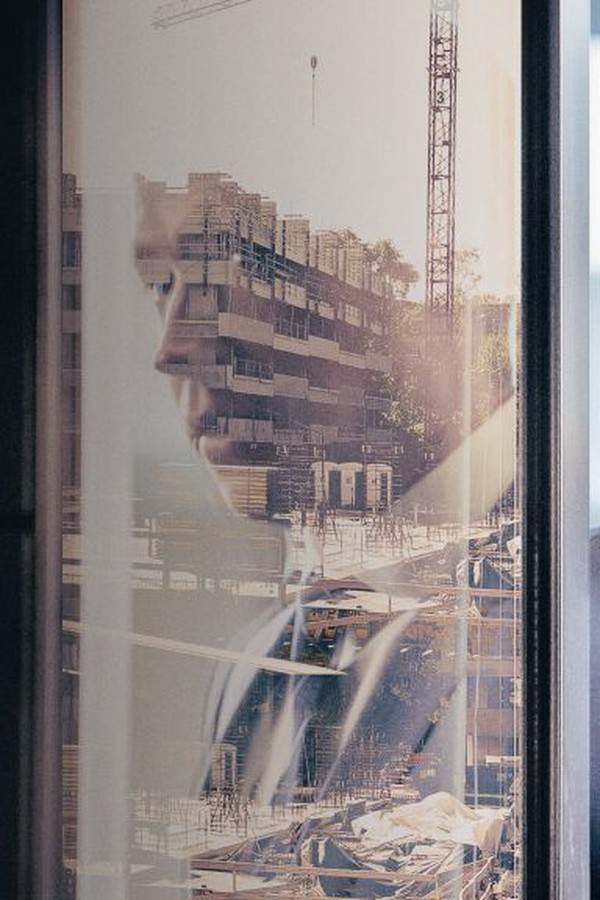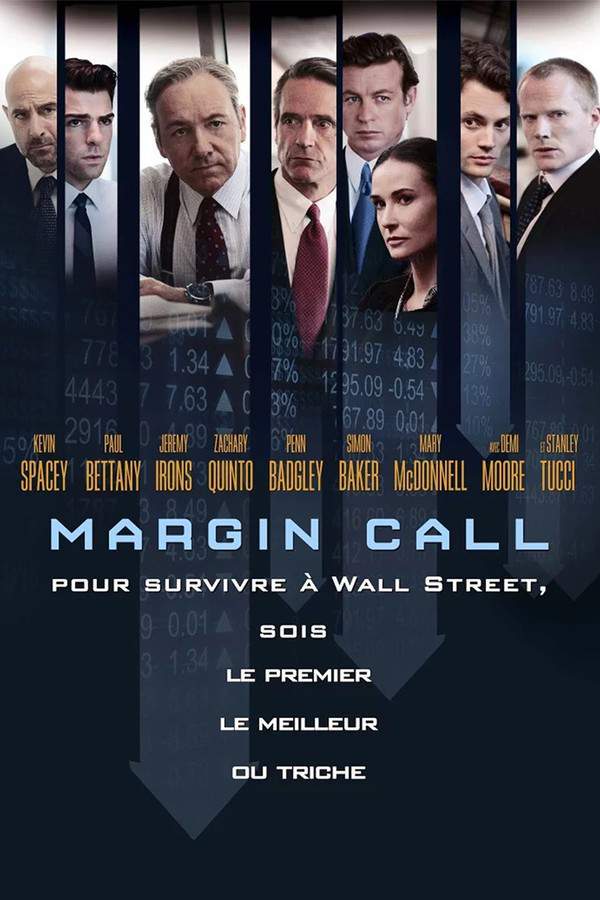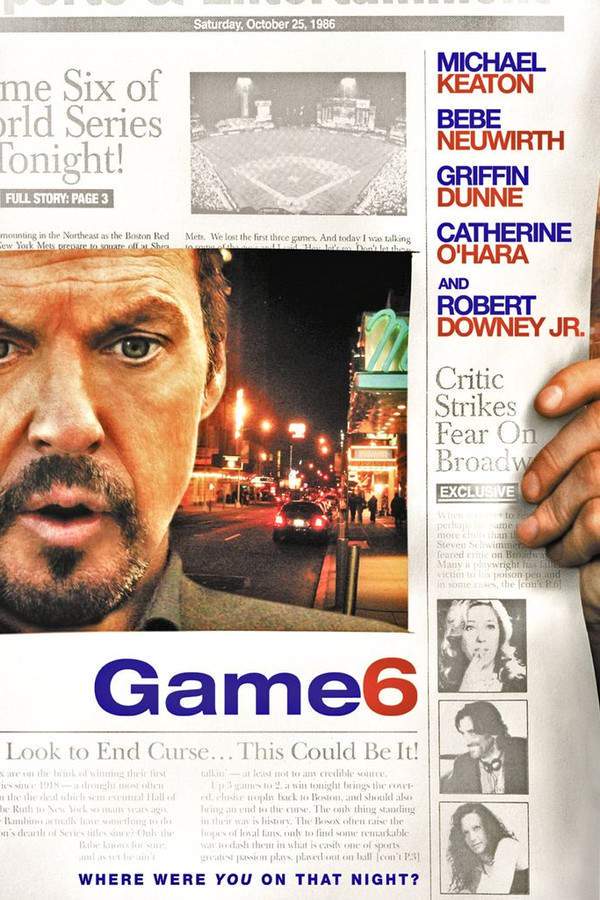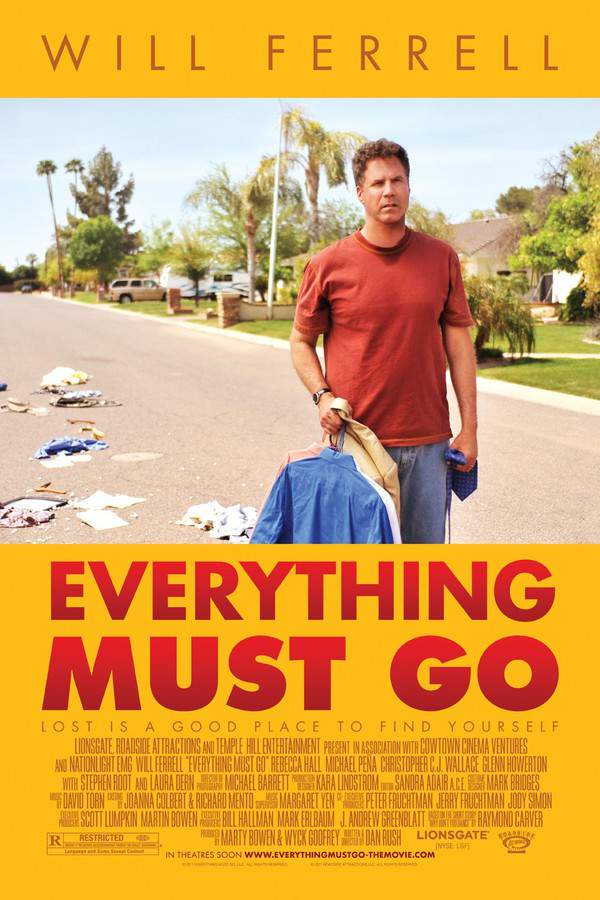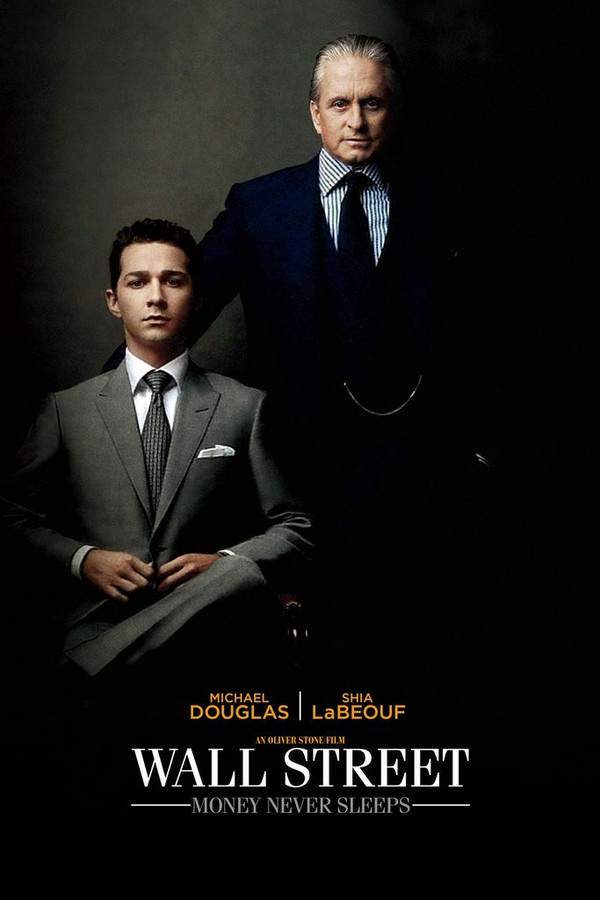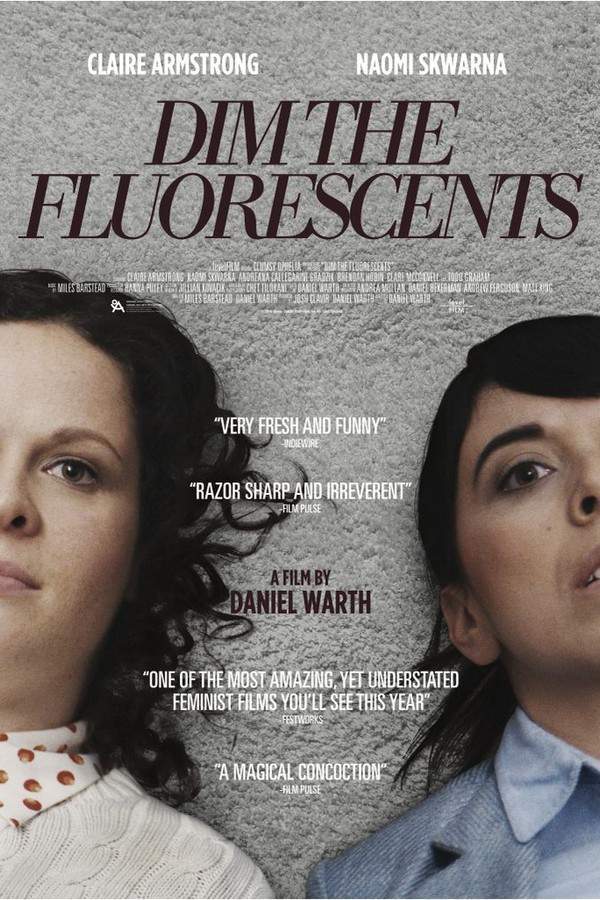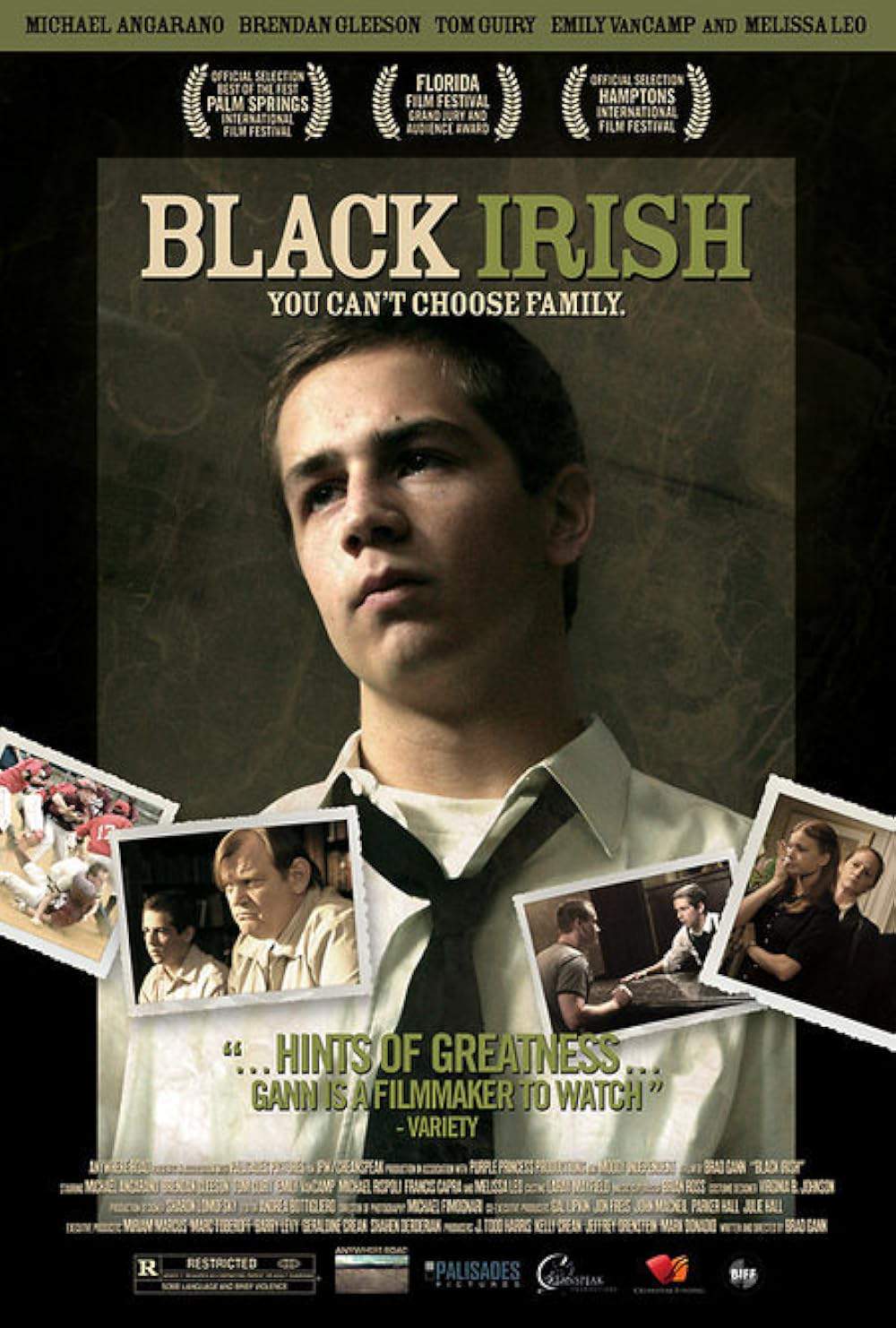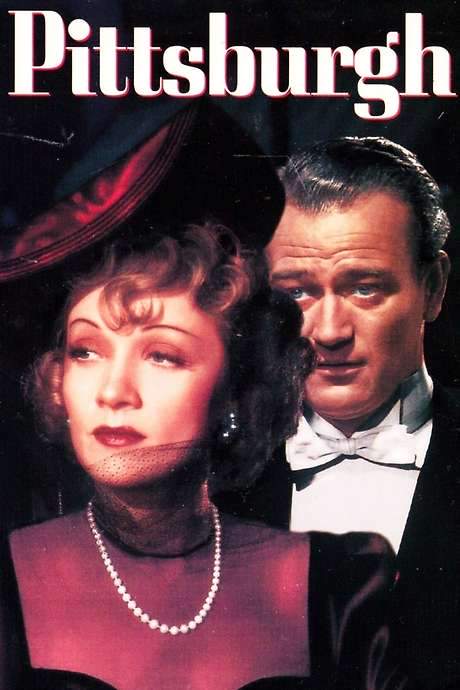Glengarry Glen Ross 1992
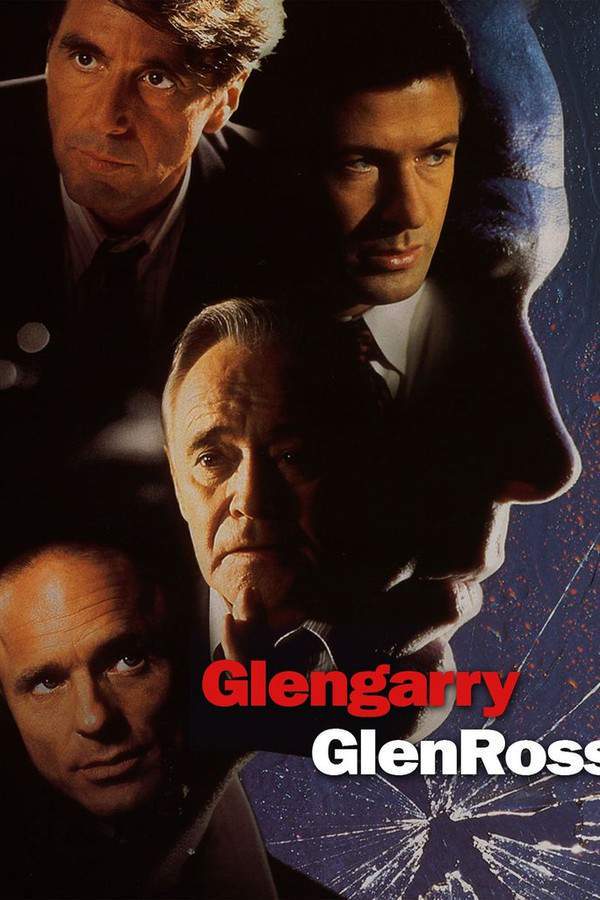
Facing dwindling sales and a looming deadline, a team of real estate salesmen in Chicago struggles to close deals and avoid being fired by a demanding new boss. They resort to increasingly desperate measures and confront the harsh realities of a fiercely competitive industry where only the top performers survive. The pressure mounts as they fight for their jobs and livelihoods.
Does Glengarry Glen Ross have end credit scenes?
No!
Glengarry Glen Ross does not have end credit scenes. You can leave when the credits roll.
Meet the Full Cast and Actors of Glengarry Glen Ross
Explore the complete cast of Glengarry Glen Ross, including both lead and supporting actors. Learn who plays each character, discover their past roles and achievements, and find out what makes this ensemble cast stand out in the world of film and television.
External Links and Streaming Options
Discover where to watch Glengarry Glen Ross online, including streaming platforms, rental options, and official sources. Compare reviews, ratings, and in-depth movie information across sites like IMDb, TMDb, Wikipedia or Rotten Tomatoes.
Ratings and Reviews for Glengarry Glen Ross
See how Glengarry Glen Ross is rated across major platforms like IMDb, Metacritic, and TMDb. Compare audience scores and critic reviews to understand where Glengarry Glen Ross stands among top-rated movies in its genre.

84
Metascore
8.0
User Score


95%
TOMATOMETER

88%
User Score

7.7 /10
IMDb Rating

73
%
User Score
Take the Ultimate Glengarry Glen Ross Movie Quiz
Challenge your knowledge of Glengarry Glen Ross with this fun and interactive movie quiz. Test yourself on key plot points, iconic characters, hidden details, and memorable moments to see how well you really know the film.
Glengarry Glen Ross Quiz: Test your knowledge on the intense and competitive world of real estate sales as depicted in 'Glengarry Glen Ross'.
What does Blake offer as a prize for the top salesperson?
A Cadillac
A vacation
A luxury watch
Cash bonus
Show hint
Awards & Nominations for Glengarry Glen Ross
Discover all the awards and nominations received by Glengarry Glen Ross, from Oscars to film festival honors. Learn how Glengarry Glen Ross and its cast and crew have been recognized by critics and the industry alike.
65th Academy Awards 1993

50th Golden Globe Awards 1993

Best Supporting Performance in a Motion Picture – Drama, Musical or Comedy (Supporting Actor)
Al PacinoFull Plot Summary and Ending Explained for Glengarry Glen Ross
Read the complete plot summary of Glengarry Glen Ross, including all major events, twists, and the full ending explained in detail. Explore key characters, themes, hidden meanings, and everything you need to understand the story from beginning to end.
The film opens on a rainy night in a local Chinese restaurant situated in southern Brooklyn, New York City. Here, we meet Sheldon ‘Shelley’ Levene, an experienced real estate salesman, who is anxiously trying to reach a doctor via a phone booth to gather updates on his daughter, currently hospitalized due to a serious illness. Nearby, Dave Moss (played by Ed Harris) struggles to sell properties at Rio Rancho Estates. After a round of complaints about their dubious leads, they both return to their office, Premiere Properties, where they encounter a domineering figure named Blake (Alec Baldwin), sent by their company owners, Mitch and Murray. Blake’s harsh demeanor is on full display as he chastises the sales staff for their lackluster performance and lays down a high-stakes contest: the top seller earns a Cadillac, while the worst performer is unceremoniously fired.
Blake holds out hope for the coveted Glengarry Leads—prime prospects capable of purchasing the properties—designating them for the most successful agents. This intensifies the competition among the men. However, when office manager John Williamson (Kevin Spacey) distributes outdated leads instead, Levene becomes increasingly agitated. In a desperate plea, he lays bare his dire financial situation and his daughter’s health challenges, imploring Williamson for access to the Glengarry Leads. When his pleas are ignored, Levene resorts to threats, bribes, and emotional appeals, yet Williamson takes advantage of his urgency, asking for $50 per lead along with 20% of his profits—a sum Levene cannot afford.
Meanwhile, Dave Moss and his colleague George Aaronow (Alan Arkin) face their own frustrating day, compounded by the portrayal of their boss as uncaring. Moss hatches a daring plan to stage a burglary and sell the Glengarry leads to a rival agency, Jerry Graff, but finds Aaronow reluctant to join him. Over at the bar, Ricky Roma (played by Al Pacino) engages a timid customer, James Lingk (Jonathon Pryce), in conversation, spinning a narrative of opportunity that leaves Lingk entranced.
The following day, shocking news greets the sales team: the office has been burglarized. As police interrogate the salesmen, Roma finds himself on the wrong side of luck—he was banked on the Glengarry leads for his Cadillac dream. Just as Levene triumphantly announces a hefty $82,000 sale, the tension mounts when Lingk arrives to retract his investment due to his wife’s objections. Roma desperately attempts to salvage the deal, employing deceit and misdirection, only to be thwarted by Williamson’s careless remarks.
As the chaotic interrogation progresses, Levene inadvertently reveals his knowledge of details only the burglar might know, leading Williamson to confront him about his involvement in the crime. Despite attempts at humor, Levene’s facade crumbles as he confesses to breaking in alongside Moss and betraying their trust for personal gain. Levene’s grand illusion of success is shattered when Williamson declares that the buyers from his big sale are financially unreliable. In a final bid for sympathy, Levene invokes his daughter’s plight, yet it does nothing to soften Williamson, who swiftly decides to report him.
In a poignant scene, the paths of dreams and despair intertwine, as the office dynamics shift once more, leaving Levene to confront the consequences of his actions and the brutal reality of his profession.
Uncover the Details: Timeline, Characters, Themes, and Beyond!

Coming soon on iOS and Android
The Plot Explained Mobile App
From blockbusters to hidden gems — dive into movie stories anytime, anywhere. Save your favorites, discover plots faster, and never miss a twist again.
Sign up to be the first to know when we launch. Your email stays private — always.
Watch Trailers, Clips & Behind-the-Scenes for Glengarry Glen Ross
Watch official trailers, exclusive clips, cast interviews, and behind-the-scenes footage from Glengarry Glen Ross. Dive deeper into the making of the film, its standout moments, and key production insights.
Cars Featured in Glengarry Glen Ross
Explore all cars featured in Glengarry Glen Ross, including their makes, models, scenes they appear in, and their significance to the plot. A must-read for car enthusiasts and movie buffs alike.
Glengarry Glen Ross Themes and Keywords
Discover the central themes, ideas, and keywords that define the movie’s story, tone, and message. Analyze the film’s deeper meanings, genre influences, and recurring concepts.
Glengarry Glen Ross Other Names and Titles
Explore the various alternative titles, translations, and other names used for Glengarry Glen Ross across different regions and languages. Understand how the film is marketed and recognized worldwide.
Similar Movies To Glengarry Glen Ross You Should Know About
Browse a curated list of movies similar in genre, tone, characters, or story structure. Discover new titles like the one you're watching, perfect for fans of related plots, vibes, or cinematic styles.
Quick Links: Summary, Cast, Ratings, More

What's After the Movie?
Not sure whether to stay after the credits? Find out!
Explore Our Movie Platform
New Movie Releases (2026)
Famous Movie Actors
Top Film Production Studios
Movie Plot Summaries & Endings
Major Movie Awards & Winners
Best Concert Films & Music Documentaries
Movie Collections and Curated Lists
© 2026 What's After the Movie. All rights reserved.














